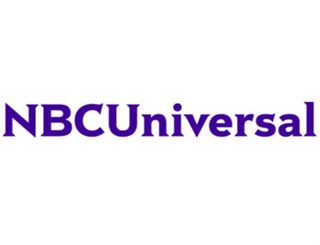Hulu, NBCU in Talks About Proposed OTT-TV Service

NBCUniversal is actively negotiating with Hulu about a proposed multichannel TV service that would be delivered over-the-top, a person familiar with the negotiations told Multichannel News on Monday.
The source noted that Hulu had only recently approached NBCU about the virtual MVPD service that it is developing.
The Wall Street Journal reported Sunday that Hulu is looking to complement its SVOD offering with a new virtual MVPD service that would bundle live feeds from a mix of broadcast TV networks and popular cable channels. The paper noted that Hulu is eyeing a Q1 2017 launch, with Hulu co-owners The Walt Disney Company and 21st Century Fox closing in on distribution deals for it. Hulu is owned by 21st Century Fox, Disney and NBCU.
Hulu has not commented on the reported plan. Official word of Hulu’s intentions could emerge Wednesday morning during Hulu’s Upfront presentation at New York’s Madison Square Garden.
Notably, NBCU already has a distribution deal with Sony PlayStation Vue, an OTT-TV service that recently launched a national set of “slim” multichannel service packages that offer access to dozens of live cable channels and next-day access to shows from most major broadcast networks, as well as access to a cloud DVR. PS Vue’s multichannel service with live broadcast TV channels is currently limited to seven markets – New York, Los Angeles, Chicago, Philadelphia, San Francisco, Dallas and Miami.
BTIG analyst Richard Greenfield weighed in on Hulu’s reported plan in a blog post (registration required) yesterday, holding that programmers are caught in a Catch-22 as they consider direct-to-consumer, OTT distribution options.
“Hulu offers its owners the potential to take control of their own destiny by creating a direct-to-consumer offering, while maintaining the consumer value/stickiness of a bundle,” Greenfield wrote. “However, programmers who participate in a Hulu vMPVD should be prepared for the blowback they are sure to receive from legacy distributors.”
Multichannel Newsletter
The smarter way to stay on top of the multichannel video marketplace. Sign up below.
As a case in point, he pointed to comments made by Charter Communications CEO Tom Rutledge in January, who said networks that do go direct to consumer “lower their value to us, which is ultimately good for our cost structure.”
